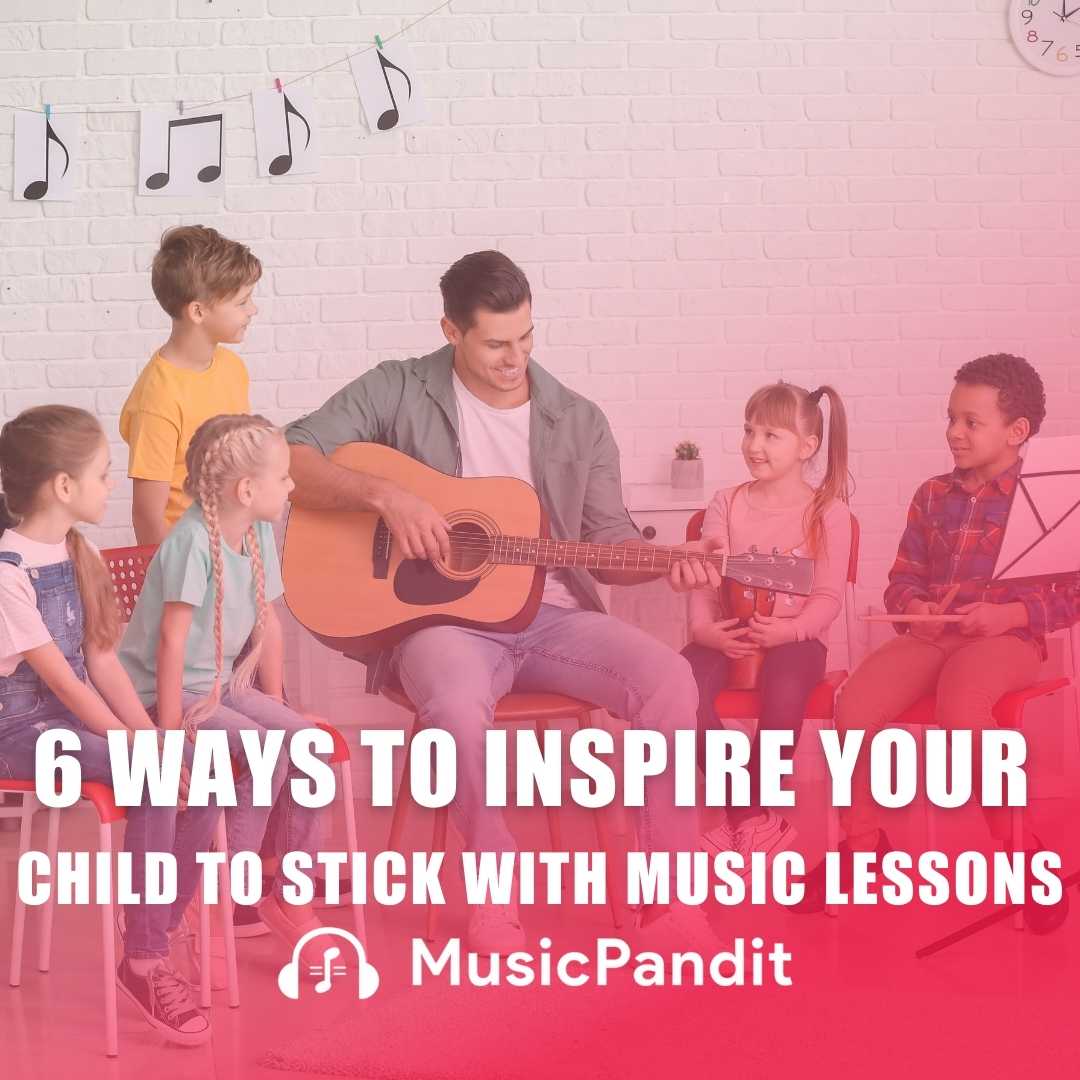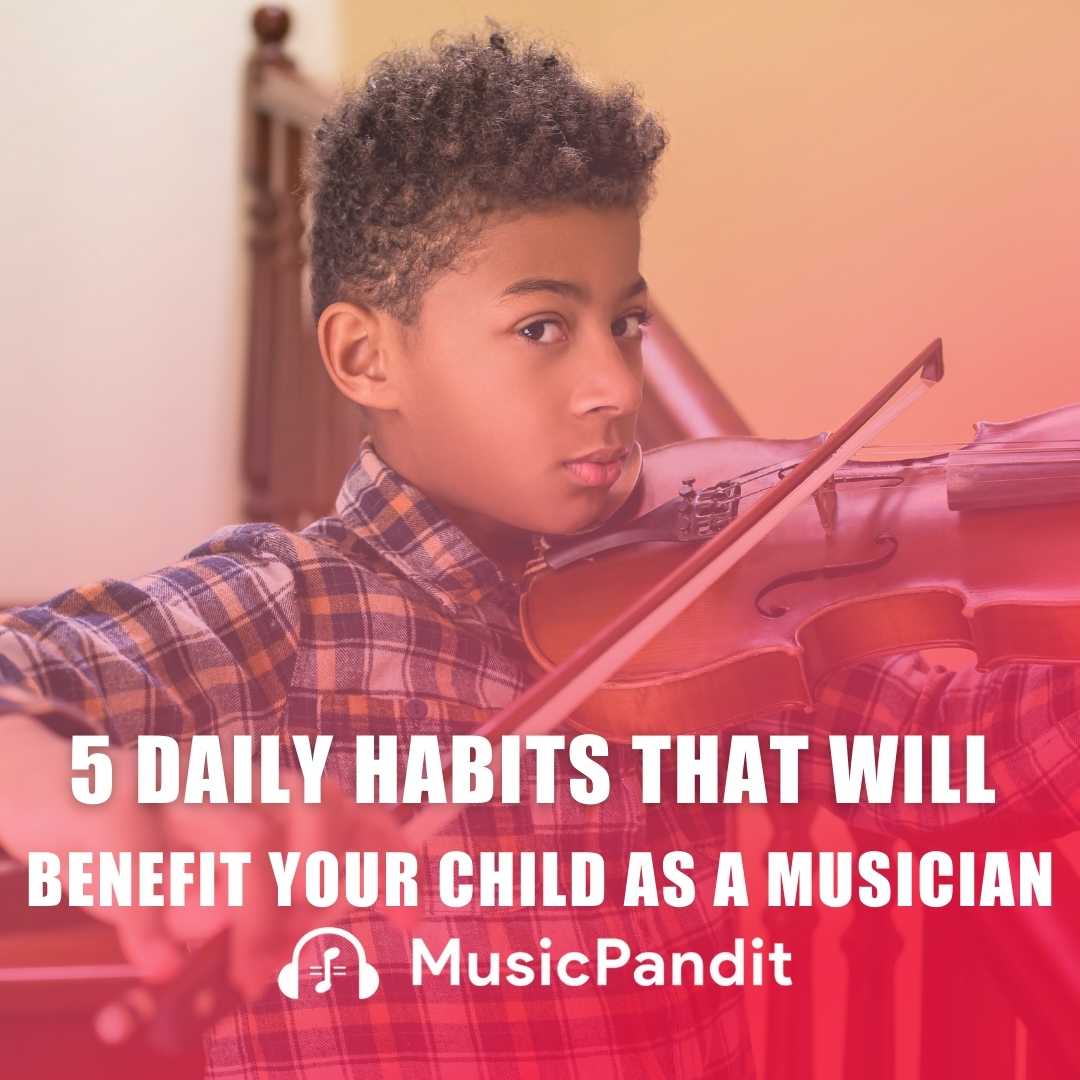The ukulele, with its petite body and mellifluous tunes, has emerged as a quintessential musical appreciation, mainly for the budding musicians amongst our adolescents.
Beyond its aesthetic attraction, delving into the art of ukulele playing unfurls a myriad of benefits that go beyond the world of track, nurturing a holistic improvement adventure for children. Let’s embark on a melodic exploration to discover the 5 key health benefits that children have from learning and playing the ukulele.
Benefits Of Learning Ukulele
1. Enhanced Cognitive Development
The adventure of gaining knowledge of the ukulele is similar to a symphony for the brain. As children decipher musical notations, memorise chord progressions, and synchronise their hands to provide harmonious melodies, they have interaction in a comprehensive cognitive workout. This intellectual stimulation extends past the music room, improving their capability to solve problems creatively, polishing their recognition in educational endeavours, and fostering a deeper information of styles and sequences.
In the intricate dance between thoughts and melody, children cultivate a heightened sense of auditory discrimination, honing their capacity to distinguish between numerous pitches and rhythms. This auditory acuity helps in enriching their musical proficiency, also lays a robust basis for language improvement and communication talents.
2. Improved Motor Skills
The ukulele serves as a playground for developing exceptional motor talents, inviting children to navigate the delicate dance of finger movements and string interactions. From mastering chord transitions with finesse to executing intricate strumming styles, every pluck and strum contributes to the refinement of motor coordination and dexterity.
This satisfactory-tuning of motor abilities transcends the musical realm, manifesting in improved handwriting, better hand-eye coordination, and more advantageous precision in everyday responsibilities. The rhythmic synchronisation required whilst playing the ukulele fosters an unbroken integration of mind and frame, empowering them with a greater sense of control and mastery over their physical actions.
Read More to learn more about sense of rhythm: Ukulele Tips for Beginners
3. Boosted Emotional Well-being
Music, with its emotive power, turns into a conduit for emotional expression and introspection. Through the gentle strings of the ukulele, children embark on a journey of self-discovery and emotional resonance. Whether strumming vibrant tunes that evoke joy or plucking soulful melodies that replicate moments of contemplation, the ukulele becomes a depended on accomplice in navigating a spectrum of feelings.
Engaging with song in a significant manner fosters emotional intelligence, resilience, and self-focus. Children discover ways to channel their feelings through melodic narratives, gaining insights into their emotions and growing wholesome coping mechanisms. This emotional fluency cultivated through ukulele playing transcends into their interactions with others, fostering empathy, and nurturing harmonious relationships.
4. Increased Social Interaction
Ukulele education regularly unfolds in communal settings, encouraging collaborative mastering and shared musical reports. Whether in tune lessons, jam sessions, or ensemble performances, children embark on a collective musical journey that fosters camaraderie and teamwork. Collaborating with peers to master new songs, replacing musical thoughts, and harmonising melodies cultivates an experience of belonging and mutual guidance.
These collaborative endeavours extend beyond music, shaping children’s social competencies and verbal exchange capabilities. Engaging in organisation rehearsals and performances hones their ability to pay attention actively, talk successfully, and collaborate seamlessly—a skill set that proves valuable in navigating diverse social settings and constructing lasting friendships.
5. Strengthened Confidence and Self-esteem
The ukulele serves as a level in which children show off their musical prowess and embody the fun of performance. As they conquer tough chords, refine their approach, and step into the spotlight, a wave of self assurance and confidence takes over them. The experience of success derived from mastering a musical piece or charming an audience fuels their vanity and nurtures a high quality self-photo.
This newfound self belief transcends the realms of music, permeating into numerous elements in their lives. Children expand a resilience that empowers them to tackle challenges with determination, embody new experiences with enthusiasm, and navigate setbacks with grace. The supportive environment of ukulele education fosters a growth mind-set, encouraging children to include errors as stepping stones to fulfil and celebrate their precise competencies and contributions.
Read more to learn: Basics of Ukulele Playing
Final Words…
In essence, the ukulele emerges as a catalyst for holistic development, weaving together cognitive stimulation, motor ability refinement, emotional expression, social connectivity, and self-self assurance into a harmonious symphony of increase. Through the mild plucks and resonant chords of this humble tool, children embark on a transformative journey that enriches their lives, nurtures their well-being, and cultivates a lifelong love for music and self-discovery.














